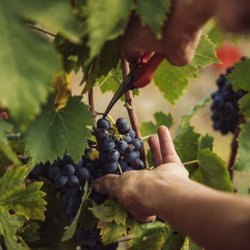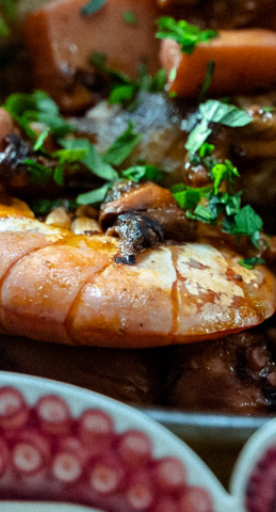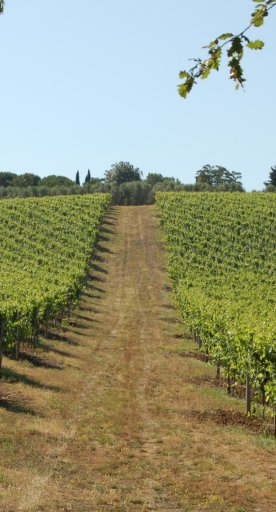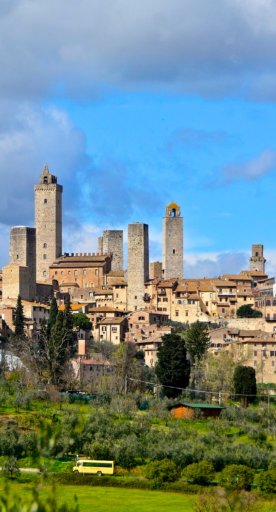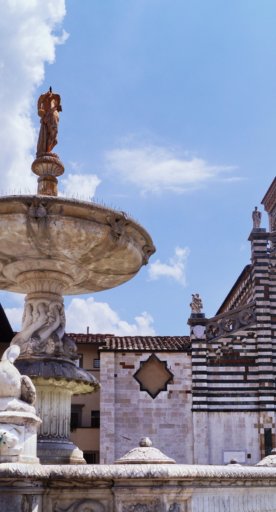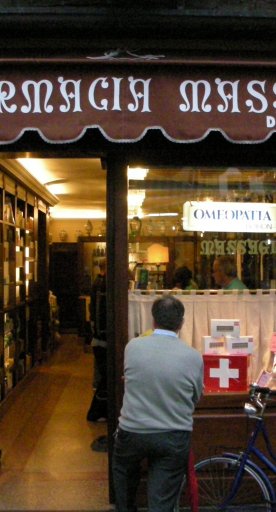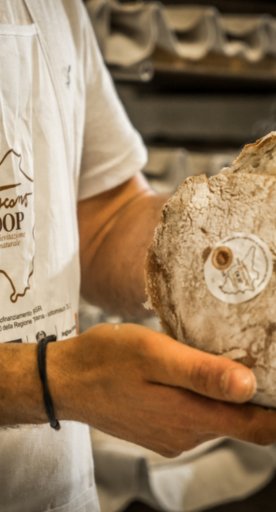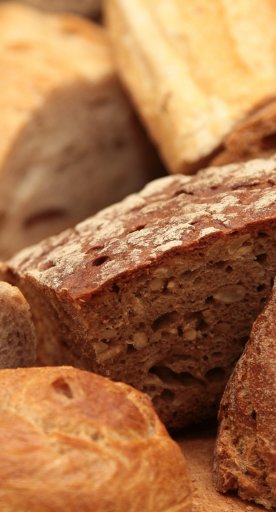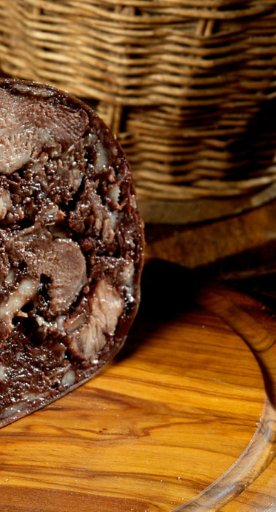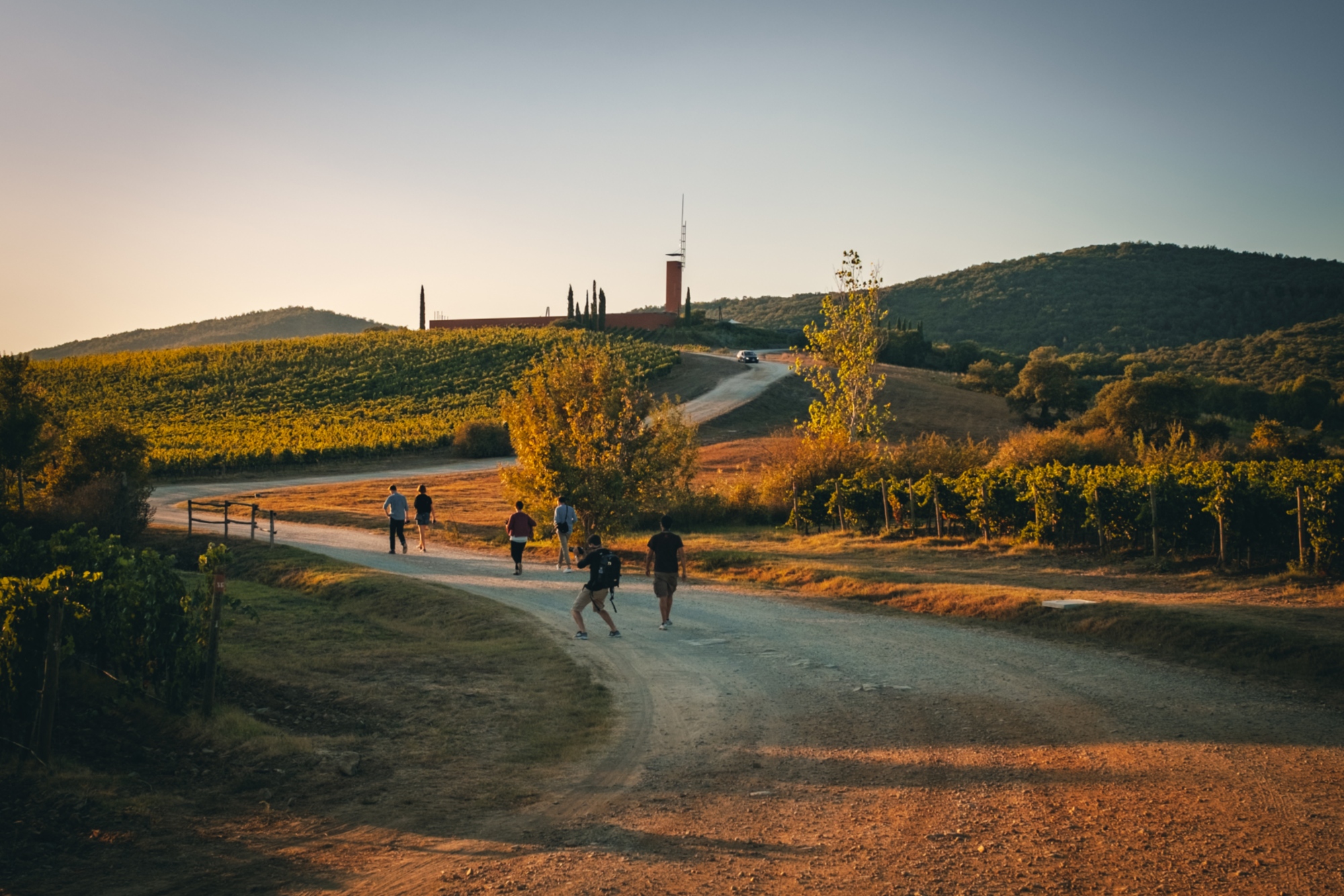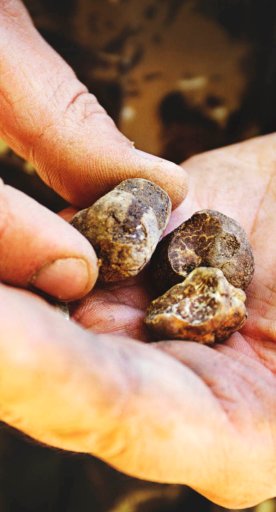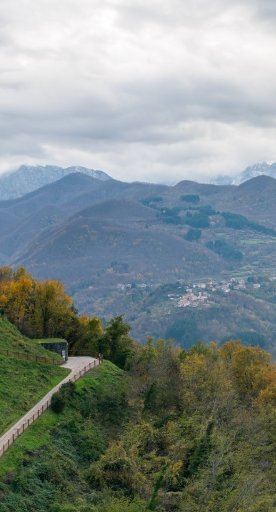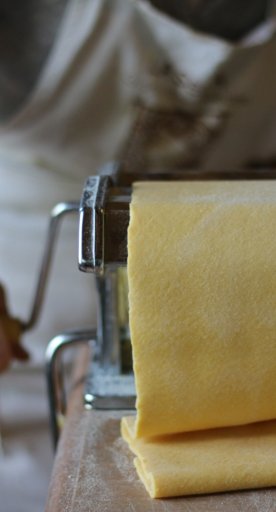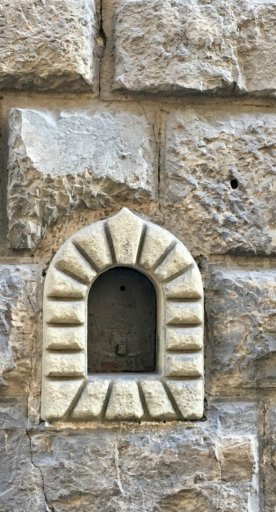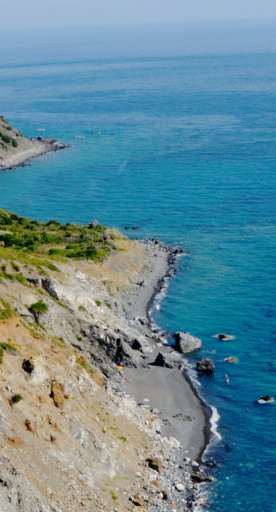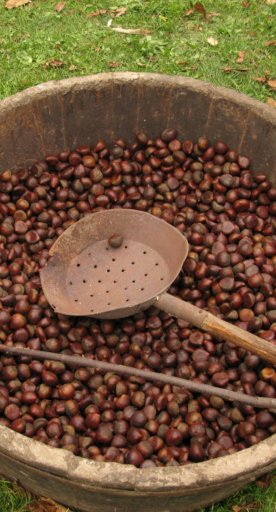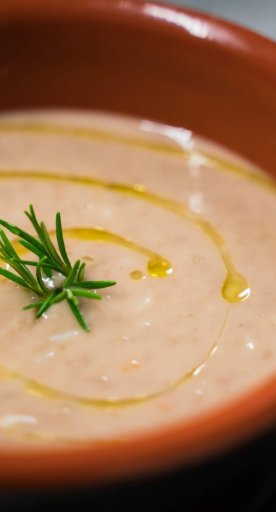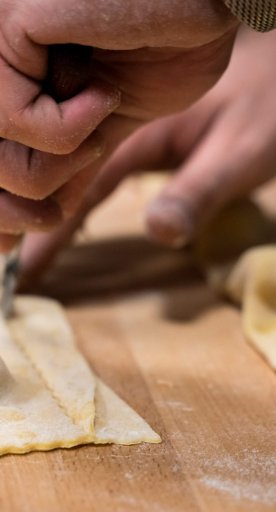
Say cheese! A quick tour through Tuscan cheeses
Aged versus fresh or made with sheep's, goat's or cow's milk: how do you like your cheese?
If you're a cheese lover, in Tuscany you will find a wide choice of products. From North to South and from the plains to the mountains, Tuscan cheeses are made following ancient techniques and production processes handed down over the centuries.

In top position you can find a large selection of fresh and aged Pecorino cheeses. The word Pecorino derives from the Italian word "pecora" meaning sheep. According to the zone and the used method, you can find different versions of Pecorino.


In Tuscany, sheep farming is widespread, but the highest concentration is located in the provinces of Siena and Grosseto. Today, breeders are dedicated almost exclusively to the production of milk, so Tuscany, after Sardinia, is one of the largest producer of sheep milk in Italy. Pecorino cheese in Tuscany has ancient origins reaching back to the Etruscan times.
For centuries, numerous documents and writings told about Tuscan pecorino cheese, which was called cacio marzolino due to production traditionally began in March and continuing throughout the spring. Pecorino Toscano DOP is a cheese with a soft or semi-firm consistency, produced exclusively from full-fat ewe’s milk. It's produced throughout Tuscany and it is one of the 3 Tuscan cheeses with the European quality designation label. Fresh Pecorino Toscano DOP usually matures for no longer than 20 days, although there is also a grated variety that is matured for up to one year. Pecorino delle Balze Volterrane DOP is a very special cheese made with raw sheep’s milk and using exclusively vegetable rennet from cardoon flowers. It can be fresh, semi-aged or matured and it’s produced in Volterra and surroundings.

Pienza is considered the “capital” of Pecorino cheese because the little town is situated in the middle of a clay area, where sheep pastures are characterized by a series of aromatic herbs that make the milk particularly tasty and fragrant. Pienza has many different techniques for aging cheese, for example, “Pecorino di Pienza stagionato in barriques” is aged for at least 90 days in oak barrels.In other areas of Siena you can find “Pecorino stagionato con foglie di noci” which is aged with walnut leaves in terracotta jars. The“Fossa del Greppo Pecorino” from Montepulciano is wrapped in cotton and aged for three months in cavities carved into the tufa rock. In the countryside of Pisa after a few days of ripening, pecorino is dipped in a mixture with extra virgin olive oil and a blend of rosemary, sage, mint, and basil in order to obtain aromatic herbed Pecorino.

Pistoia Mountain Pecorino has been produced for centuries using raw sheep’s milk (unpasteurized milk). For the quality of the milk, the technique of sheep-raising is fundamental. The animals are able to free-range on the mountain pastures and therefore it is said that this cheese has the “flavour of mountain grasses.” In the Garfagnana area you can find “Pecorino baccellone” both fresh and aged. It’s called baccellone because in the spring it goes perfect with snap peas, known in Italian as baccelli. Up in the mountains you can also find cow's milk cheeses that are both fresh and aged. If you are a goat cheese fan you must taste the goat cheeses from the Mugello and Maremma that are flavored with black and red pepper, chives, garlic, sesame, mint, oregano, chopped almonds and/or basil.

High-quality fresh sheep cheese, known as "ricotta" is produced in the Maremma, and in some areas of Massa, Carrara and Pistoia. Low in fat and slightly sweet, it is used for many pasta fillings and desserts. If you love fresh or spreadable cheeses, I suggest you taste sheep's or cow's milk cheeses by the names of raviggiolo and stracchino.
This, of course, is only a sample of the cheese that Tuscany has to offer. There are more than 30 types of cheeses recognized as traditional Tuscan products and hundreds of other local delicacies that are worth a taste!
Main Source: Regione Toscana, Traditional products list

